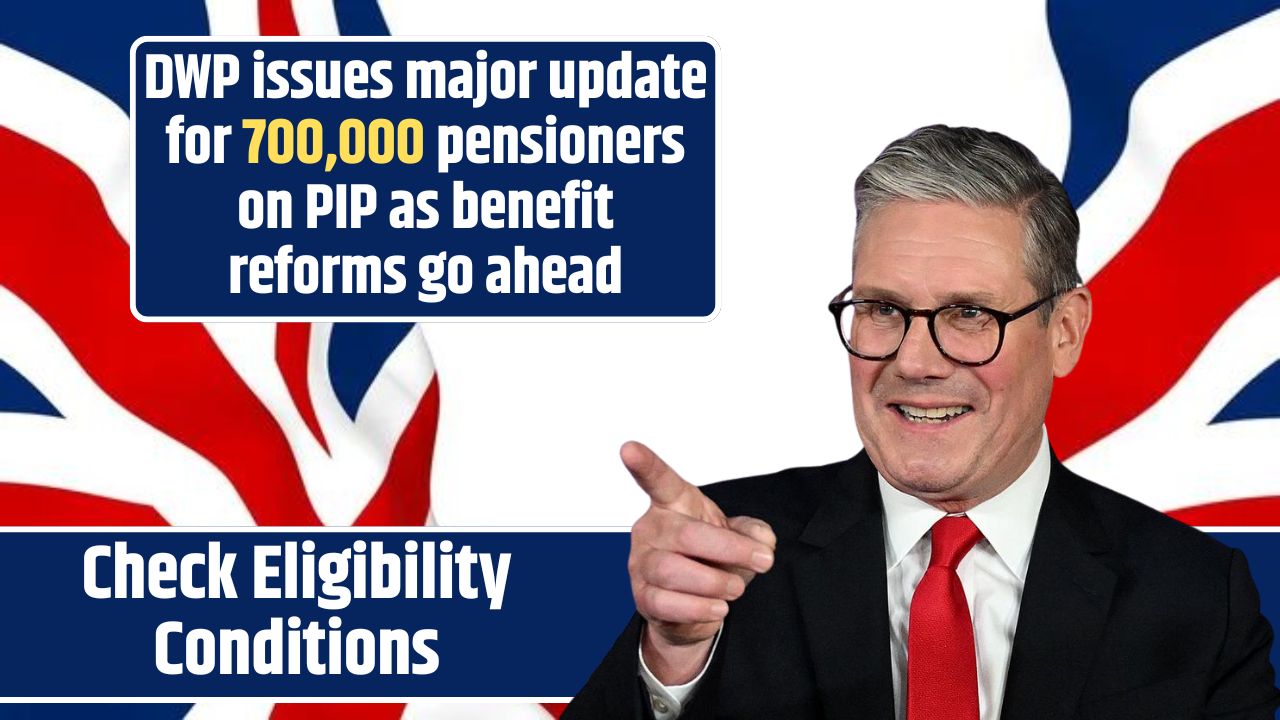The UK Government’s latest plans to reform disability benefits have ignited heated debate in Westminster, particularly over the proposed tightening of eligibility for Personal Independence Payment (PIP). While the Department for Work and Pensions (DWP) insists these changes aim to boost employment and reduce welfare spending, critics across party lines argue they may unfairly burden some of the most vulnerable people in society.
Who Will Be Affected by the PIP Changes?
According to the DWP, the upcoming reforms are expected to impact around 800,000 people, primarily working-age adults currently receiving PIP. However, pensioners will be exempt from these changes, easing concerns for many older recipients.
Minister for Social Security Sir Stephen Timms confirmed that people of state pension age will not be subject to the proposed revisions, in line with existing policy. As of January, nearly 690,000 pensioners aged 65 to 79 were receiving PIP, and all will retain their current benefit structure under the new rules.
What Are the Proposed Reforms?
Under Labour’s “Pathways to Work” green paper, new eligibility requirements are set to be introduced starting November 2026, pending parliamentary approval. One of the key proposals is that applicants must score at least four points in one daily living activity to qualify for the PIP daily living component. This would apply to both new claims and award reviews.
The Government hopes these changes will reduce long-term reliance on benefits and encourage more people into the workforce. Yet the reforms have already sparked significant resistance—even from Labour MPs.
Fast-Track Support for End-of-Life Cases to Remain
Despite tightening general eligibility, the DWP has clarified that fast-track provisions for those nearing the end of life will remain intact. Recipients with a terminal diagnosis—defined as having 12 months or less to live—will continue to receive the enhanced rate of the daily living component through a streamlined application process.
Currently, these claims are processed within two working days, and that timeline will not change under the proposed reforms. Minister Timms reaffirmed that this route “will not be impacted by the new eligibility requirement.”
Political Fallout: Growing Dissent Among MPs
The reforms have not only stirred public concern but also deep divisions within Parliament. Labour MP Peter Lamb publicly announced he would oppose any measure that further restricts PIP access, revealing that discomfort runs deep within the party itself.
With speculation of a backbench rebellion involving over 100 MPs, the legislative pathway for the reforms could become increasingly complicated. Critics argue that the reforms threaten to undermine Labour’s social values by making life harder for people with long-term physical or mental health conditions.
Government’s Justification: An Economic and Social Crisis
Work and Pensions Secretary Liz Kendall defended the reforms, citing the UK’s lagging post-pandemic employment recovery and the rising cost of disability benefits compared to other G7 nations. She framed the proposals as a necessary response to an “economic and social crisis,” aiming to reduce welfare dependency while improving life chances.
Kendall insisted: “There is nothing Labour about accepting the cost of this crisis, paid for in people’s life chances and living standards.”
While the exemption for pensioners and the continuation of end-of-life support have provided some relief, the broader implications of the proposed PIP changes continue to divide both Parliament and the public. As Labour pushes forward with its welfare reforms, it faces mounting resistance not only from opposition parties but from within its own ranks. The ultimate impact of these changes will depend heavily on how Parliament responds in the coming months.
FAQs:
Will pensioners lose their PIP under the new rules?
No. People of state pension age are exempt from the proposed changes.
When will the new PIP eligibility rules begin?
If approved, the changes will come into effect in November 2026.
Will end-of-life claimants still get fast-track support?
Yes. The current fast-track route for those with less than 12 months to live will remain unchanged.
What is the new eligibility requirement for PIP?
Applicants must score at least four points in one daily living activity to qualify for support.


















